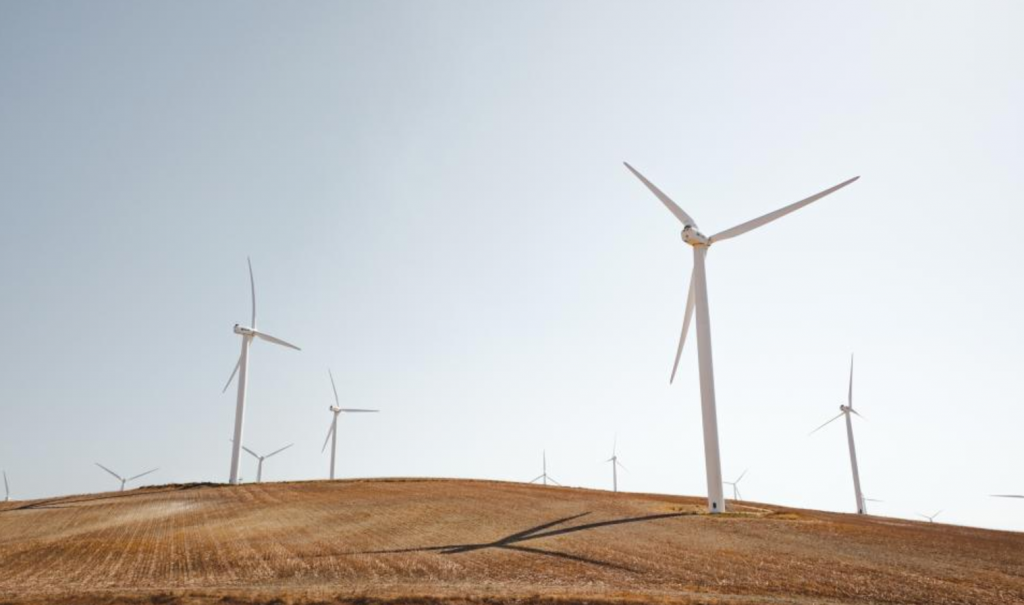Top 4 Reasons You Need Eco Friendly Fibre Optic Broadband Sep 25th
You may have wondered why broadband companies are dropping coaxial cables and adopting eco-friendly fibre optics. Well, fibre optics may be expensive, but it can potentially save the environment and the world as a whole. Ideally, when we create technology, it is meant to add value and improve our quality of life by making it better, easier and more convenient. As such, protecting the environment is as important to technology developers as advancing technology. Adopting fibre optics presents a pool of advantages.
Faster internet connections
To begin with, at face value fibre optics provide the alternative of faster internet connection which we all want to have. Besides, fibre network connections do not require to replace physically from time to time. The reason being that companies can easily upgrade them by just adjusting the technology which creates light currency. Amazingly, glass fibre optics have been adapted to be used in various fields apart from telecommunication since they have a lighting effect that serves perfectly in areas like medicine and the automotive industry. Fibre optics could also be of great help if you work from home. The faster the connection, the better your day goes by! If you’re having problems with your broadband connection, or just want to switch because you’re unhappy with it, there are websites like HighSpeedOptions that allow you to compare various providers such as Pioneer Internet and other similar ones.
Energy Saver
Fiber optic cables are energy conserving. Reports indicate that they consume only 1 watt to transmit light pulses over 100 meters distance while coaxial cables consume 3.5 watts while transmitting data over the same distance. You should know that less power translates to less heat generation, so no cooling system is required, the data will function properly and maintain an appropriate temperature on its own. It then follows that we don’t need air conditioning tools, and by this simple fact, we save energy, equipment and space. Now, when we conserve energy, CO2 emissions also go down. Ecobilan 2008 conducted a study that concluded that since fibre optics release 7g of carbon monoxide for one Gigabit data, then if businesses installed optical fibre technology, we would reduce 30 million tons of carbon monoxide in 30 years in Europe.
Reducing copper usage
Medics warn against exposure to copper; coaxial cables contain copper. Handling copper from extraction to processing pose severe contamination dangers. Research indicates that copper mining affects vegetation, water bodies and biological life as a result of acid mine drainage of metal sulphides. The effects can be too extensive that an area may not be able to sustain life. Also, exposure to copper metal is known to cause various types of cancer like cancer of the lungs and cardiovascular diseases. A simple but effective solution to this hazard is shifting from coaxial cable to optic fibre cables. Optic fibre is made with Silicon Dioxide which is relatively stable not to mention that it’s the second most abundant principal component after Oxygen so we can all agree that is going to take a long time before it runs out. Also, the extraction method of silicon is environmentally friendly.
Environmental friendly policing
All upcoming companies are required to adhere to Restriction of Hazardous Substances Directive(RoHS) on environmental and health concerns. They must target improving fibre optics to become even more eco-friendly. Also, optic fibre provides an option so companies can minimise using high levels of heavy metal like mercury, lead and Hexavalent Chromium since these metals cause serious illnesses the body like anaemia, as well as polluting the environment.
The growing concern over climate change mean that every player engages in business activities that are environmentally friendly. Fibre optics is gaining traction over the traditional coaxial cables, and you may consider investing into them. As technology improves,environmental concerns should receive maximum attention to avoid catastrophes in future. Conserving the environment is much more important than the financial aspects of business enterprises.
Sep 25th
You may have wondered why broadband companies are dropping coaxial cables and adopting eco-friendly fibre optics. Well, fibre optics may be expensive, but it can potentially save the environment and the world as a whole. Ideally, when we create technology, it is meant to add value and improve our quality of life by making it better, easier and more convenient. As such, protecting the environment is as important to technology developers as advancing technology. Adopting fibre optics presents a pool of advantages.
Faster internet connections
To begin with, at face value fibre optics provide the alternative of faster internet connection which we all want to have. Besides, fibre network connections do not require to replace physically from time to time. The reason being that companies can easily upgrade them by just adjusting the technology which creates light currency. Amazingly, glass fibre optics have been adapted to be used in various fields apart from telecommunication since they have a lighting effect that serves perfectly in areas like medicine and the automotive industry. Fibre optics could also be of great help if you work from home. The faster the connection, the better your day goes by! If you’re having problems with your broadband connection, or just want to switch because you’re unhappy with it, there are websites like HighSpeedOptions that allow you to compare various providers such as Pioneer Internet and other similar ones.
Energy Saver
Fiber optic cables are energy conserving. Reports indicate that they consume only 1 watt to transmit light pulses over 100 meters distance while coaxial cables consume 3.5 watts while transmitting data over the same distance. You should know that less power translates to less heat generation, so no cooling system is required, the data will function properly and maintain an appropriate temperature on its own. It then follows that we don’t need air conditioning tools, and by this simple fact, we save energy, equipment and space. Now, when we conserve energy, CO2 emissions also go down. Ecobilan 2008 conducted a study that concluded that since fibre optics release 7g of carbon monoxide for one Gigabit data, then if businesses installed optical fibre technology, we would reduce 30 million tons of carbon monoxide in 30 years in Europe.
Reducing copper usage
Medics warn against exposure to copper; coaxial cables contain copper. Handling copper from extraction to processing pose severe contamination dangers. Research indicates that copper mining affects vegetation, water bodies and biological life as a result of acid mine drainage of metal sulphides. The effects can be too extensive that an area may not be able to sustain life. Also, exposure to copper metal is known to cause various types of cancer like cancer of the lungs and cardiovascular diseases. A simple but effective solution to this hazard is shifting from coaxial cable to optic fibre cables. Optic fibre is made with Silicon Dioxide which is relatively stable not to mention that it’s the second most abundant principal component after Oxygen so we can all agree that is going to take a long time before it runs out. Also, the extraction method of silicon is environmentally friendly.
Environmental friendly policing
All upcoming companies are required to adhere to Restriction of Hazardous Substances Directive(RoHS) on environmental and health concerns. They must target improving fibre optics to become even more eco-friendly. Also, optic fibre provides an option so companies can minimise using high levels of heavy metal like mercury, lead and Hexavalent Chromium since these metals cause serious illnesses the body like anaemia, as well as polluting the environment.
The growing concern over climate change mean that every player engages in business activities that are environmentally friendly. Fibre optics is gaining traction over the traditional coaxial cables, and you may consider investing into them. As technology improves,environmental concerns should receive maximum attention to avoid catastrophes in future. Conserving the environment is much more important than the financial aspects of business enterprises.




